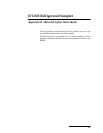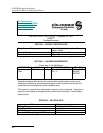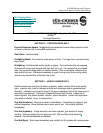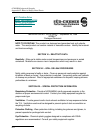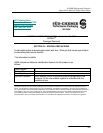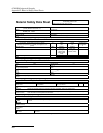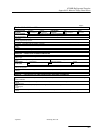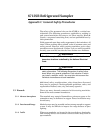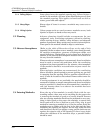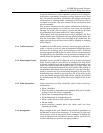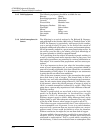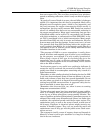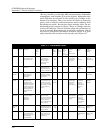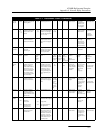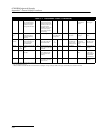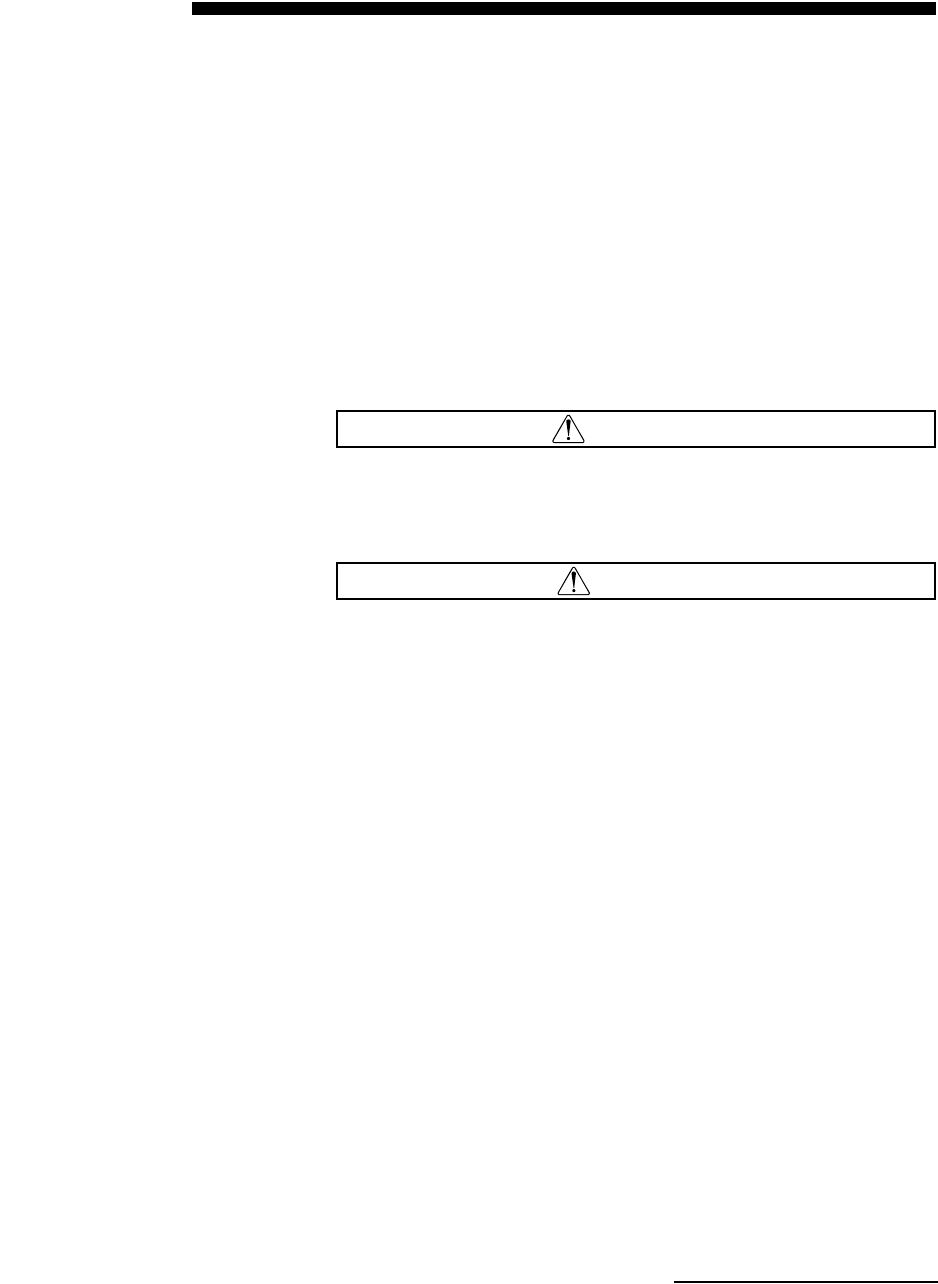
C-1
6712SR Refrigerated Sampler
Appendix C General Safety Procedures
The safety of the personnel who use the 671SR is a critical con-
sideration. The following procedures, applicable to working in
and around manholes and sewers, are those used by Black &
Veatch, a respected consulting firm, and are published here by
their permission.
Field personnel must keep safety uppermost in their minds at all
times. When working above ground, rules of common sense and
safety prevail. However, when entering manholes, strict safety
procedures must be observed. Failure to do so could jeopardize
not only your own life, but also the lives of other crew members.
WARNING
The 6712 samplers have not been approved for use in
hazardous locations as defined by the National Electrical
Code.
CAUTION
Before you install any sampler, you must take the proper
safety precautions. The following discussion of safety proce-
dures offers only general guidelines. Each situation in which
you install a sampler varies. You must take into account the
individual circumstances of each installation.
Additional safety considerations, other than those discussed
here, may be required. Check applicable guidelines, codes, and
regulations of federal, state, city, and county agencies.
C.1 Hazards There are many hazards connected with entering manholes.
Some of the most common hazards are:
C.1.1 Adverse Atmosphere The manhole may contain flammable or poisonous gases or the
atmosphere may be deficient in oxygen. Forced ventilation may
be necessary.
C.1.2 Deteriorated Rungs Manhole steps may be corroded and not strong enough to support
a man. It may be difficult to inspect the rungs because of poor
lighting.
C.1.3 Traffic Whenever manholes are located in the traveled way, barricades
and warning devices are essential to direct traffic away from an
open manhole.



